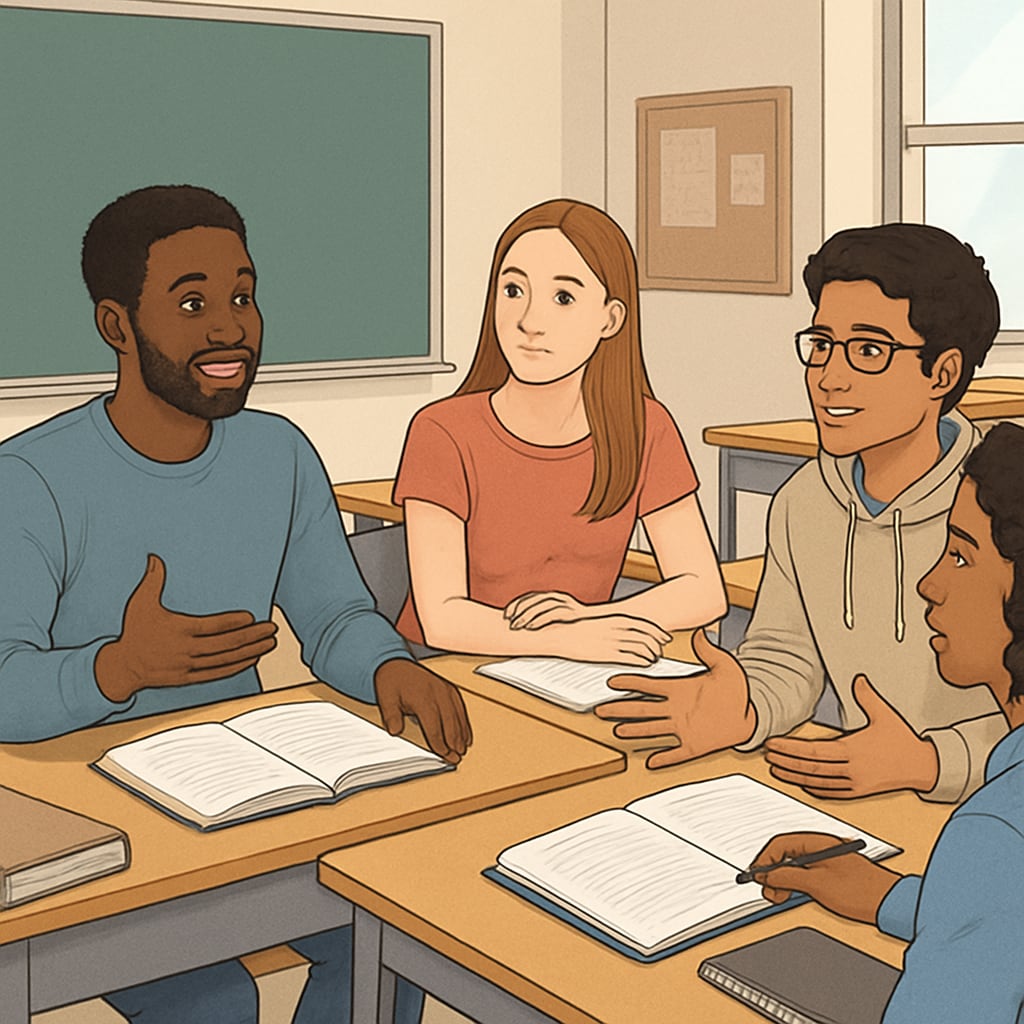Higher education has long been regarded as more than just a pathway to employment. It is also a transformative experience that fosters critical thinking, self-awareness, and inclusivity. By building upon the foundational skills acquired during the K-12 years, higher education serves as a crucial stage for holistic personal development. This article explores how higher education shapes both cognitive abilities and character, creating well-rounded individuals who are prepared to thrive in diverse environments.
The Foundation: How K-12 Prepares Students for Higher Education
The journey toward personal growth and critical thinking begins long before college. The K-12 education system lays the groundwork by teaching students essential academic and social skills. During these years, students learn how to communicate effectively, solve problems, and collaborate with others. These skills are further refined in higher education, where they are applied to more complex and abstract challenges.
For example, in K-12 education, students are introduced to basic problem-solving techniques through subjects like mathematics and science. In higher education, these skills evolve into critical thinking and analytical reasoning. Furthermore, early exposure to diverse perspectives in K-12 classrooms helps students develop a sense of empathy, which is vital for fostering inclusivity in their future academic and professional lives.

Higher Education: Developing Critical Thinking and Cognitive Skills
One of the most significant impacts of higher education is its ability to enhance critical thinking. Unlike K-12 education, which often focuses on memorization and standardized testing, higher education emphasizes independent thought and intellectual curiosity. Students are encouraged to question assumptions, evaluate evidence, and develop well-reasoned arguments.
For instance, in a college philosophy course, students might analyze different ethical theories and apply them to real-world dilemmas. This process not only sharpens their reasoning skills but also teaches them to approach problems from multiple angles. According to Critical Thinking on Wikipedia, this skill is essential for navigating the complexities of modern life and making informed decisions.
Moreover, higher education fosters lifelong learning by encouraging students to seek out new knowledge independently. This habit of continuous self-education is crucial for adapting to a rapidly changing world.

Character Development: Building Self-Awareness and Inclusivity
Higher education is not just about intellectual growth; it also plays a vital role in shaping character. College and university environments expose students to diverse cultures, ideas, and experiences, fostering a greater sense of self-awareness and inclusivity. These qualities are essential for personal growth and for thriving in a globalized world.
For example, participating in group projects with peers from different backgrounds challenges students to confront their biases and adapt their communication styles. This experience helps them become more empathetic and open-minded. Additionally, extracurricular activities such as volunteer programs or cultural exchange events provide opportunities for students to engage with their communities and develop a sense of social responsibility.
As noted by Britannica’s overview of higher education, these experiences contribute to the development of well-rounded individuals who are not only academically competent but also emotionally intelligent.
The Long-Term Benefits of Higher Education
The impact of higher education extends far beyond the college years. Graduates often carry the skills and values they acquire into their professional and personal lives. Critical thinking enables them to tackle complex challenges in the workplace, while self-awareness and inclusivity help them build meaningful relationships and contribute positively to society.
In addition, higher education equips individuals with the adaptability needed to navigate an ever-changing world. As industries evolve and new challenges emerge, the ability to think critically, learn independently, and collaborate effectively becomes increasingly valuable.
To summarize, higher education is a transformative experience that shapes both the mind and the character. By building on the foundations laid in K-12 education, it prepares students to think critically, embrace diversity, and pursue lifelong personal growth. For anyone seeking to become a well-rounded and adaptable individual, the value of higher education cannot be overstated.
Readability guidance: This article uses short paragraphs and lists to enhance readability. It incorporates transitional phrases to ensure a smooth flow of ideas and avoids overly complex sentences. Images are placed strategically to reinforce the text’s key points.


